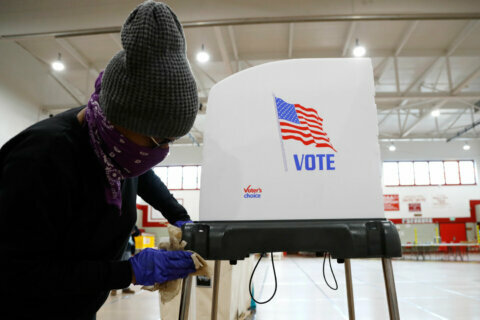
WASHINGTON — A series of proposals to raise the minimum wage and change other work rules are among bills proposed in the Virginia’s General Assembly session that begins next week.
In addition to proposals to raise the minimum wage from $7.25 to as high as $15 by 2023, there are proposals in bills that have already been filed to change exemptions to minimum wage rules.
Under one Senate proposal, babysitters would be covered by minimum wage laws if they work more than 10 hours per week.
Another work-related bill would ban a company from firing a worker due to breastfeeding, pregnancy or childbirth.
Sen. Barbara Favola proposes banning prospective employers from attempting to find out how much money potential employees were making in their previous job, and Sen. Adam Ebbin has proposed banning discrimination in public employment due to sexual orientation or gender identity.
Del. Lee Carter proposed eliminating Virginia’s “right to work” rules that restrict union activity, and would repeal a law that effectively bans strikes of public workers in Virginia.
Other proposals include banning non-compete clauses for workers who make less than the average statewide wage, and providing additional sick leave to disabled veterans for service-related disability treatment.
A number of the changes proposed by Democrats — including the minimum wage hikes — could face challenges in the Republican-controlled body.
Lawmakers convene Jan. 9, with Republicans holding a 21-18 control in the Senate, and a 51-49 control in the House of Delegates.







